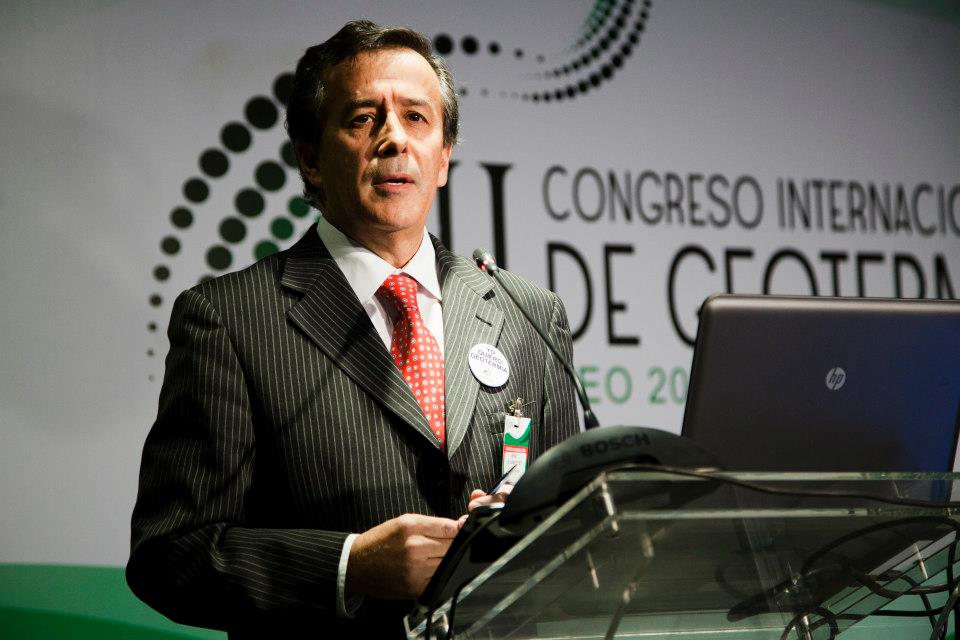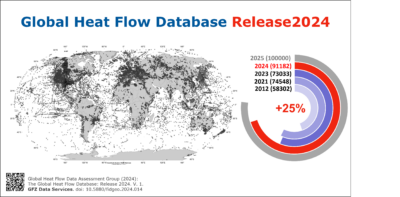Chile considering feed-in-tariff for geothermal of up to $0.30 per kWh
Chile is considering a feed-in-tariff scheme for geothermal of $0.20 to $0.30 per kWh, that could help benefit geothermal developers in the country and help speed up development.
At the recent 2nd International Congress on Geothermal Energy in Chile, the Chilean energy undersecretary, Sergio del Campo Fayet, reported that the House of Representatives, as part of the proposed “20/20 Law” by the Chilean Government, is proposing the introduction of a Feed-in-Tariff (FIT) scheme for all “non-conventional” renewable energies. The “20/20” is thereby referring to the goal of reaching 20% of all electricity generation to come from renewables by 2020.
The proposed FIT would be a bidding process on a biannual basis, held every two years. It would focus on power generation and a bidding process open to all interested developers.
At this bidding, initially, a starting price would be set (we suppose it could be a similar process to a bid) and those investors who bid the lowest price, would be granted for an estimated span of time of 10 years.
Today, one of the main concerns of the Chilean geothermal industry, besides the distances of geothermal project sites to distribution centers, is the prices available on the market that are not favourable for developing a profitable geothermal project
The creation of this mechanism, according to the undersecretary, is to help ensuring a minimum price of energy that could serve as a complement to a the developer who, additionally, could; go to the spot market or through the negotiation of a long run contract where a power price with a free client would be established (similar to a PPA contract).
The prices that are being considered by the government would be around $20 to $30 per MWh.
Source: Piensa en Geotermia via II International Geothermal Congress. To watch the video (in Spanish) here.


















